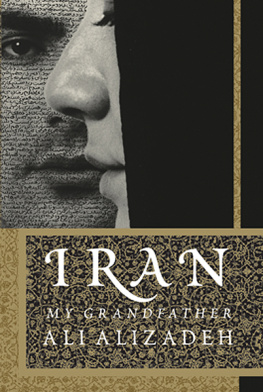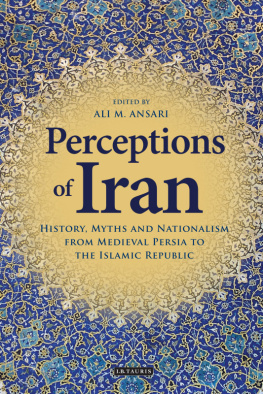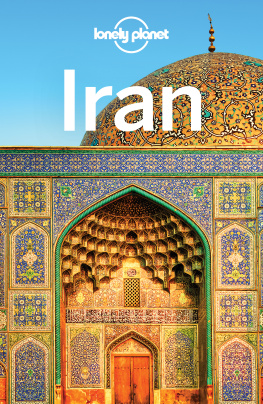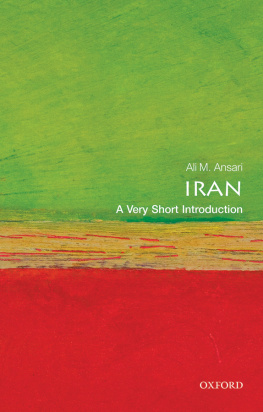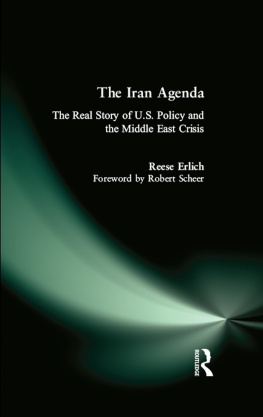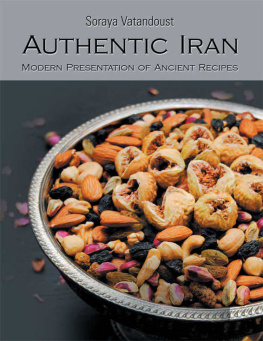IRAN
MY GRANDFATHER
ALI ALIZADEH

First Published 2010
Transit Lounge Publishing
95 Stephen Street
Yarraville, Australia 3013
www.transitlounge.com.au
Copyright Ali Alizadeh 2010
This book is copyright. Apart from any fair dealing for the purpose of private study, research, criticism or review, as permitted under the Copyright Act, no part may be reproduced by any process without written permission. Inquiries should be made to the publisher.
Every effort has been made to obtain permission for excerpts reproduced in this publication. In cases where these efforts were unsuccessful, the copyright holders are asked to contact the publisher directly.
Cover photograph: Shirin Neshat
Whispers (Women of Allah series), 1997
RC print & ink
11 x 14 inches
Copyright Shirin Neshat
Courtesy Gladstone Gallery
Back cover photograph: Desmond Kavanagh
Cover design by Design by Committee
Typeset by J&M Typesetting
Printed in China by Everbest
 | This project has been assisted by the Australian Government through the Australia Council for the Arts, its arts funding and advisory body. |
Transit Lounge is a proud member of the A.P.A. (Australian Publishers Association) and S.P.U.N.C. (Small Press Underground Networking Community)
National Library of Australia
Cataloguing-in-publication data
Alizadeh, Ali.
Iran : my grandfather / Ali Alizadeh.
9780980846287 ( e-book edition)
Fuladvand, Salman, 19051968.
IranBiography.
IranHistory20th century.
IranIraq War, 19801988.
955.05092
For Jasper
A faithful heir should also interrogate the inheritance, shouldnt he?
Jacques Derrida
I have no home. I know this very well have known it and lived with it for almost two decades but in times of fear, in times of paranoia and persecution, nothing comforts like the fantasy of a familiar refuge. A zone decorated with signs of family and memory, a place where we may elude the enemy: native land, motherland.
My only image of this place is a tattered black-and-white photo from 1946. It is not only a representation of my grandfather Salman in his Second World War military uniform, but the icon of his very reality in my mind. My sombre grandfather his eyes behind black glasses, his chin pushing into his neck in a posture of resignation is not merely something depicted in the rectangular frame of the withered picture; he is the picture itself, its grey tones of faded black and tainted white, wrinkled, opaque and unfathomable.
As for the reason behind this recounting of an image of an image, my verbal description of a visual depiction of a reality that ended years before I was born: my life has been growing more transient and meaningless by the year. I cant hide it any more. I yearn for a home, a concrete space to house the abstractions of belonging and identity. I should, of course, be thinking of myself as a citizen of my new country, the island where Ive been marooned since my mid-teens. But life in Australia has reduced me to a ghost, a fickle phantom who can neither beguile nor terrify; an illusive, diminishing mirage not unlike the effaced image of the once-proud Iranian patriarch, my maternal grandfather, Salman Fuladvand.
I am no longer an Iranian, and have not been one since my familys migration to Australia all those years ago. My Iranian ego was terminated in the course of a flight from Tehran to Melbourne with a stopover in Kuala Lumpur. Whatever survived of my Iranian essence dissolved in the mires of assimilation, resentment, puberty and education in Australia. As for my substance, my skin remains obstinately olive, my name unflinchingly Arabic/Islamic. Hence questions and inspections at airports, hence suspicion and hesitation at job interviews, hence the nocturnal fear of being attacked by gangs of drunken racists anywhere in the West.
But what of individualism and art? Could they transcend nationality? As a young, pretentious boy I used to dream about fighting the bayonets and missiles of war with the might of the pen, of becoming a revolutionary writer. But as a detested Muslim immigrant in Australia my words have often been rejected and ignored, and my hopes for changing the world have been cut down by the chores of day-to-day survival. My adolescents love of justice and humanity has succumbed to the pressures of alienation and racism, and become a litany of complaints by an ungrateful immigrant.
So I turn to the memory of an old photograph of a famous grandparent I never met, to excavate whatever can be salvaged from the crypts of the past. I am turning to history to make sense of the present. And the present needs to be made sense of, if new catastrophes are to be avoided, if further horrors are to be prevented; if I am to understand why Im homeless.

